Our History
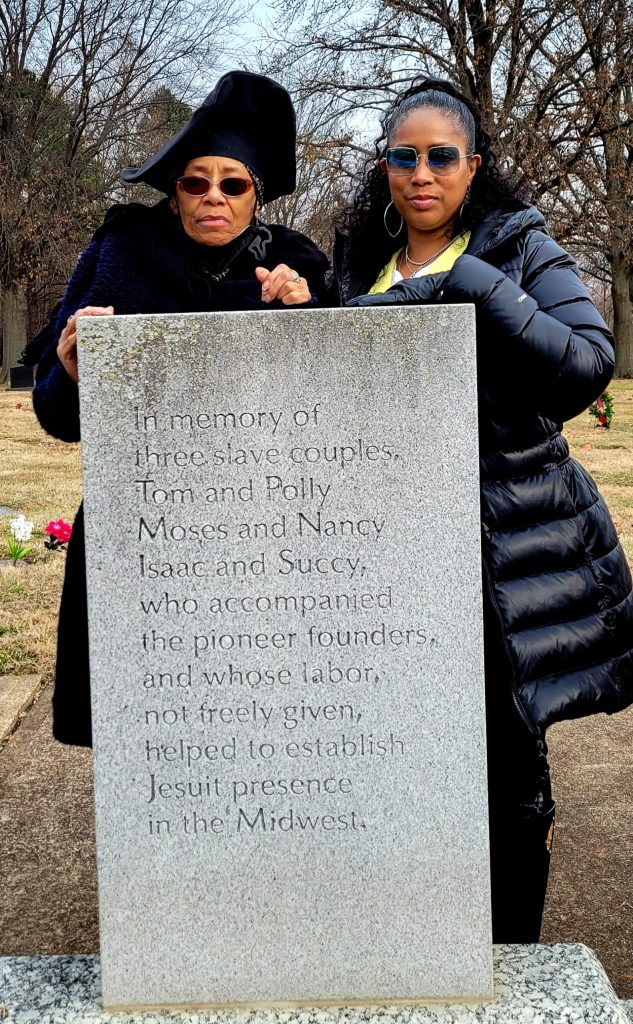
Descendants Safiyah Chauvin and Robin Proudie stand behind a small memorial located at Calvary Cemetery in St. Louis, Missouri. These six couples were the first DSLUE Ancestors to be forced to migrate from the Jesuits’ White Marsh plantation in Maryland to Missouri in 1823.
Dry Bones Get Breath
When DSLUE founder Robin Proudie first met researchers Kelly Schmidt and Ayan Ali, they shared with her original documents from the Saint Louis University Archives, Jesuit Archives & Research Center, and other archives located in St. Louis, Missouri. Documents that revealed her great grandmother, three times removed, Henrietta Mills, was born into slavery at Saint Louis University (SLU) around 1844. Fascinated by what she had learned, Robin combed through the many documents the research team had compiled, transcribed, and translated during the three years of work with the Slavery, History, Memory, and Reconciliation (SHMR) Project. An initiative that studied Saint Louis University and the USA Central and Southern Province Jesuits’ ties to the institution of slavery. The research has since revealed that over a hundred of her ancestors were trafficked by SLU and the Jesuits in Missouri from 1823-1865. For Robin, the names on the records breathed back to life the dry bones of a people, ancestors who had been used, slained, and forgotten.
In late 2019, after being contacted by the project team researchers, descendants Safiyah Chauvin, Stephen Chauvin, Greg Holley and Sonjia Williams began attending SHMR working group meetings at Saint Louis University. The intent was to learn about the forgotten lives of their Ancestors uncovered by the research. In March 2020, that all changed when the Covid-19 pandemic reared its deadly head and shut down the entire world. In-person meetings stopped as virtual meeting spaces took hold. Familiar with virtual platforms, Robin stepped in the gap to continue the important work her elders started.
An archival record the DSLUE holds near and dear is housed at the Archdiocese of St. Louis Office of Archives and Records. It was recorded by a Jesuit priest on June 28, 1860. It reads: “I have this day united in the holy bonds of matrimony Charles Chauvin, slave of Mrs. Curtis, and Henrietta Mills, slave of St Louis University, witnesses Samuel Tyler and Ann Mills.” The marriage most likely took place in the “colored chapel” in the upper gallery at the old St. Francis Xavier College Church. Their witness, Samuel Tyler, was a cousin to Henrietta Mills, and it is believed that Ann Mills was also kin to Henrietta.
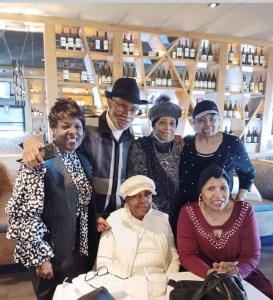

Record of DSLUE Ancestors Charles F. Chauvin and Henrietta Mills’ marriage in 1860. The marriage was conducted at the upper colored chapel at St. Francis Xavier College Church.
But For Our Ancestors
It was a moving experience for descendants to read actual records that documented the marriage that endured so that they could be here today. Unions between enslaved people during this dark time in our historical past, are often romanticized in narratives put forth today. Even entanglements between the enslaver and those they enslaved are often depicted as consensual or as being a “love affair.” It’s an uncomfortable truth that enslaved people had no agency over their lives or their bodies. Instead, they were human beings treated as property, to be bought, sold, rented, abused, and bred, at the will of those who enslaved them.
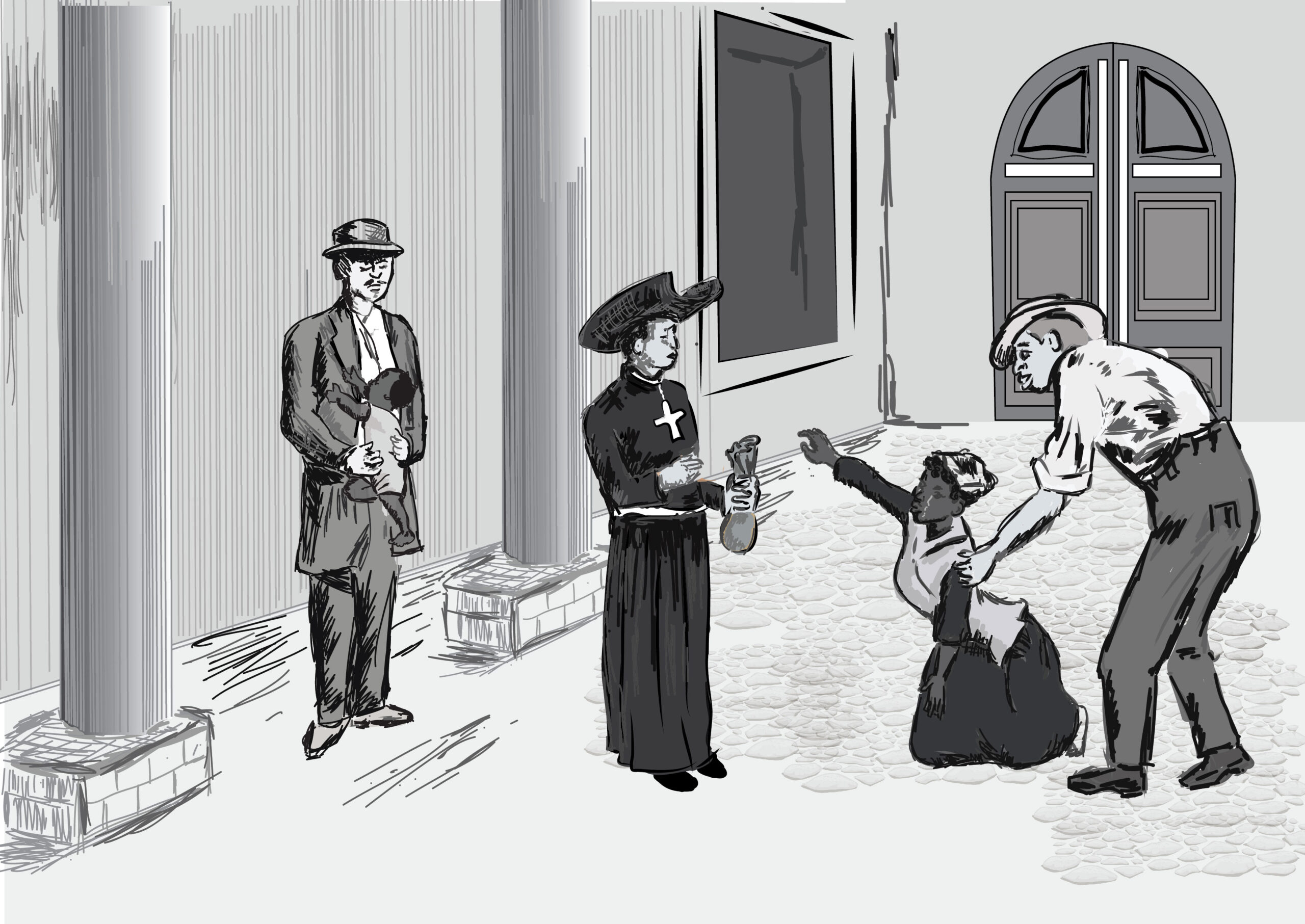
Illustration of a Jesuit priest selling an Ancestor’s baby – Copyrighted art by Nanoart.
Nevertheless, the DSLUE families rejoice in the legacy of their forebearers’ perseverance. Charles’ and Henrietta’s marriage came together under the massive weight of human bondage, and endured the ravages of the American Civil War. In November of 1864, Chauvin was drafted out of bondage and into the U.S. Colored Infantry as a private in the Union Army. Fueled by the possibility of freedom for himself and his growing family, he fought gallantly and rose to the rank of sergeant. He was discharged on November 11, 1865. He continued a legacy of honorable military service to this country that many of his descendants share in common today.
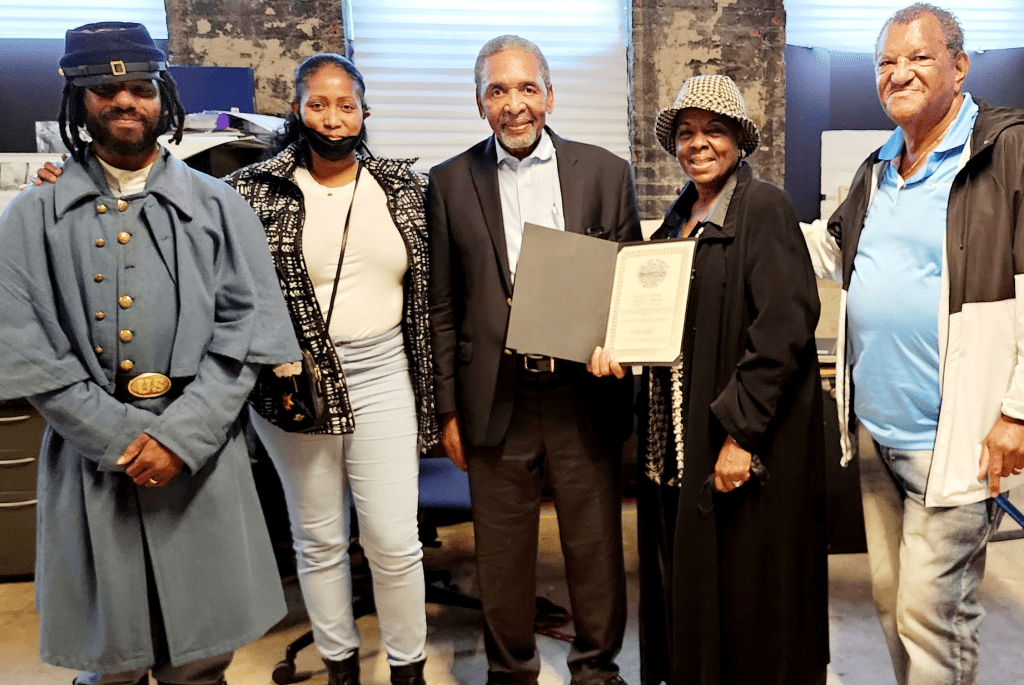
Descendants travel to Washington D.C. to honor Ancestor and hero, Charles F. Chauvin, for his service in the Civil War. They visited the African American Civil War Memorial where the founder, Frank Smith, presented DSLUE with a certificate honoring Charles for being one of the 209,000 black heroes who helped to win the Civil War and save the Union.
After the war, Charles returned to St. Louis and reunited with his wife, three children, and extended family. To survive after slavery’s abolition, they took jobs as laborers, porters, washers, and carpenters. They did what they could to feed their growing family. Between 1860 – 1884, Charles and Henrietta had ten children: Sylvester I (1860), William Francis (1862), Abraham (1865), Peter (1870), Mary Elizabeth (1871), Julia (1873), Rosine (1874), Lincoln (1877), Jerome Alexander (1878), and Louis Ignatius (1884). Lincoln, or “Link” Chauvin is the direct line from which the founders of DSLUE descend.
As young adults in the late 1800s, the Mills-Chauvin children worked in various occupations, including as mattress makers, barbers and musicians. Sylvester, Abraham, Peter, Lincoln, and Louis were all talented musicians involved in St. Louis’s popular ragtime scene.
Sylvester, Abraham, and Peter played brass instruments, while his brother Lincoln “Link” Chauvin played guitar. Louis Chauvin, the youngest of the Chauvin brothers, became the most famed of the Chauvin musicians.
Louis was highly regarded as a prodigy among peers, like Tom Turpin and Sam Peterson. He performed and team up with Sam Patterson to form the Mozart Comedy Four, a quartet that sang opera songs and negro spirituals.
In 1904, he won a coveted medal playing piano at the St. Louis World’s Fair. Although, Louis performed many original works during his career, he had three published works: “The Moon is Shining in the Skies” with Sam Peterson (1903), “Babe, It’s Too Long Off” words by Elmer Bowman (1906), and his most popular, co-composed with Scott Joplin, “Heliotrope Bouquet” in 1907.
Ancestor Louis Chauvin’s genius was brought to life in the 1977 film, Scott Joplin by legendary actor and songwriter, Clifton Davis. The king of Ragtime, Scott Joplin, was played by Emmy nominated actor, Billy D. Williams.
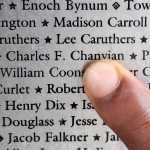
DSLUE Ancestor Charles F. Chauvin’s name is listed on the wall of the African American Civil War memorial (name will be corrected).
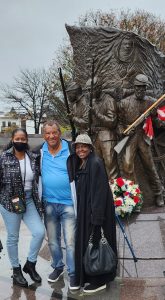
Descendants Robin and Kay visit the African American Civil War Memorial in Washington D.C.
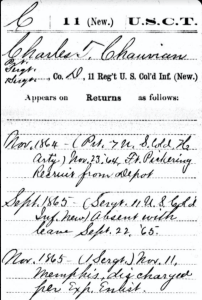
Record of Charles F. Chauvin’s military service in the Union Army.
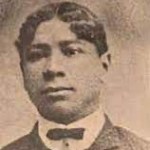
DSLUE Ancestor Louis I. Chauvin, Gifted Ragtime Musician
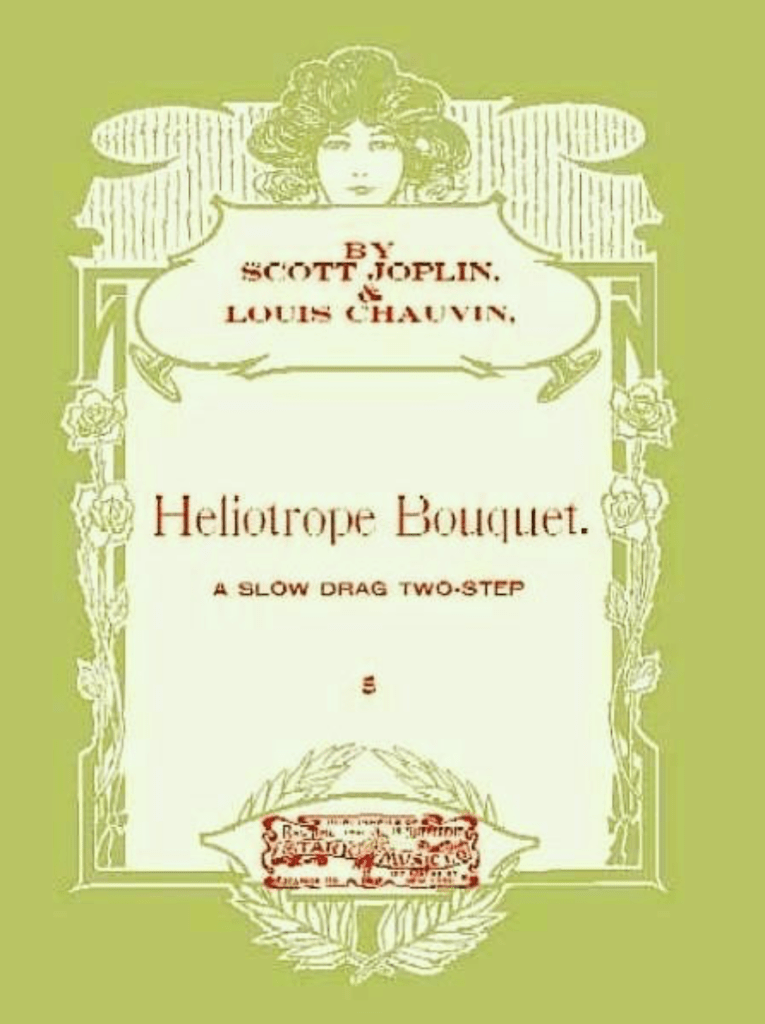
Heliotrope Bouquet composed by Scott Joplin and Louis Chauvin
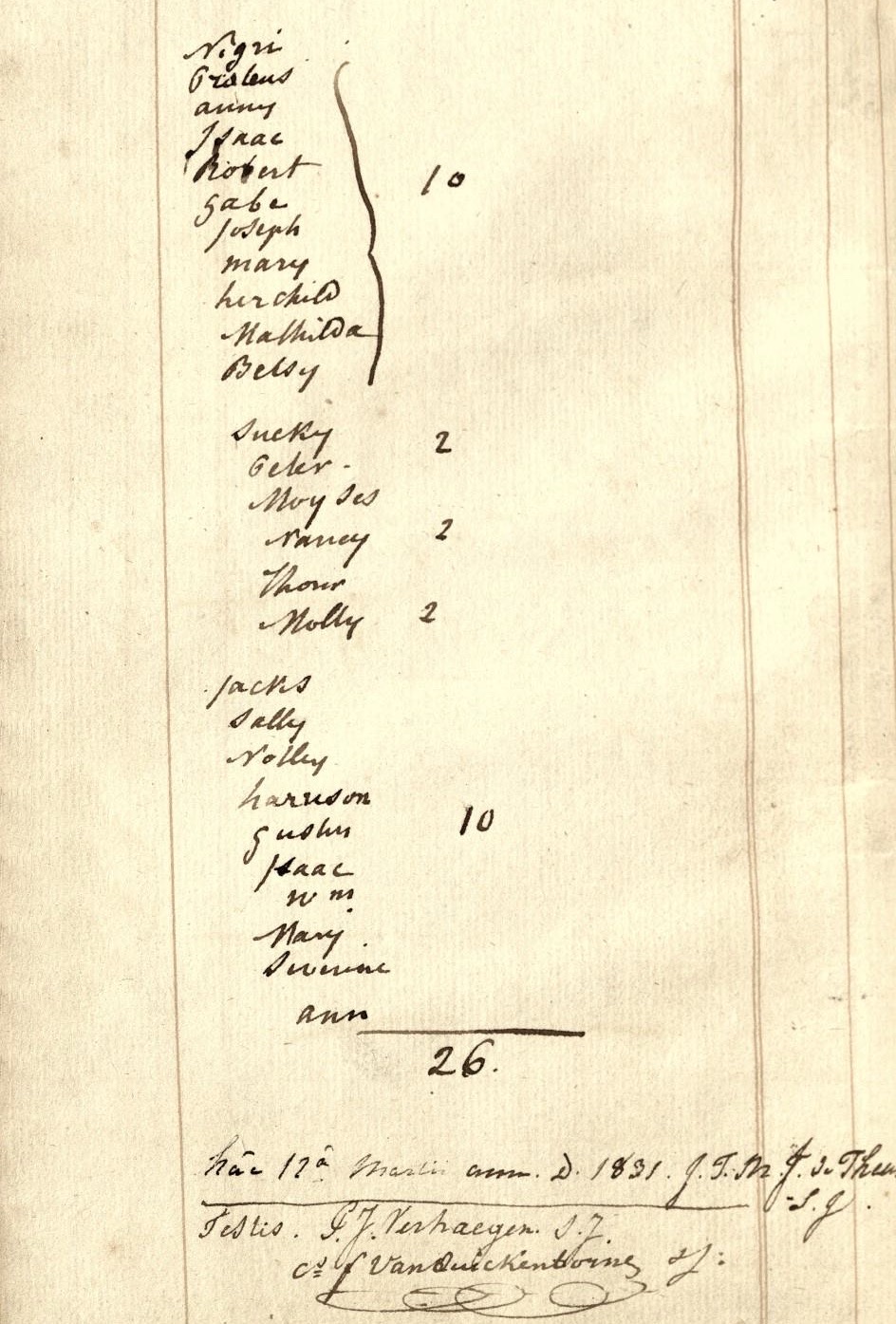
Ledger recorded in 1831 of DSLUE Ancestors who were made to labor at St. Stanislaus in that year, most of whom had been forced from the Jesuit’s White Marsh plantation in Maryland to Missouri in 1823 and 1829.
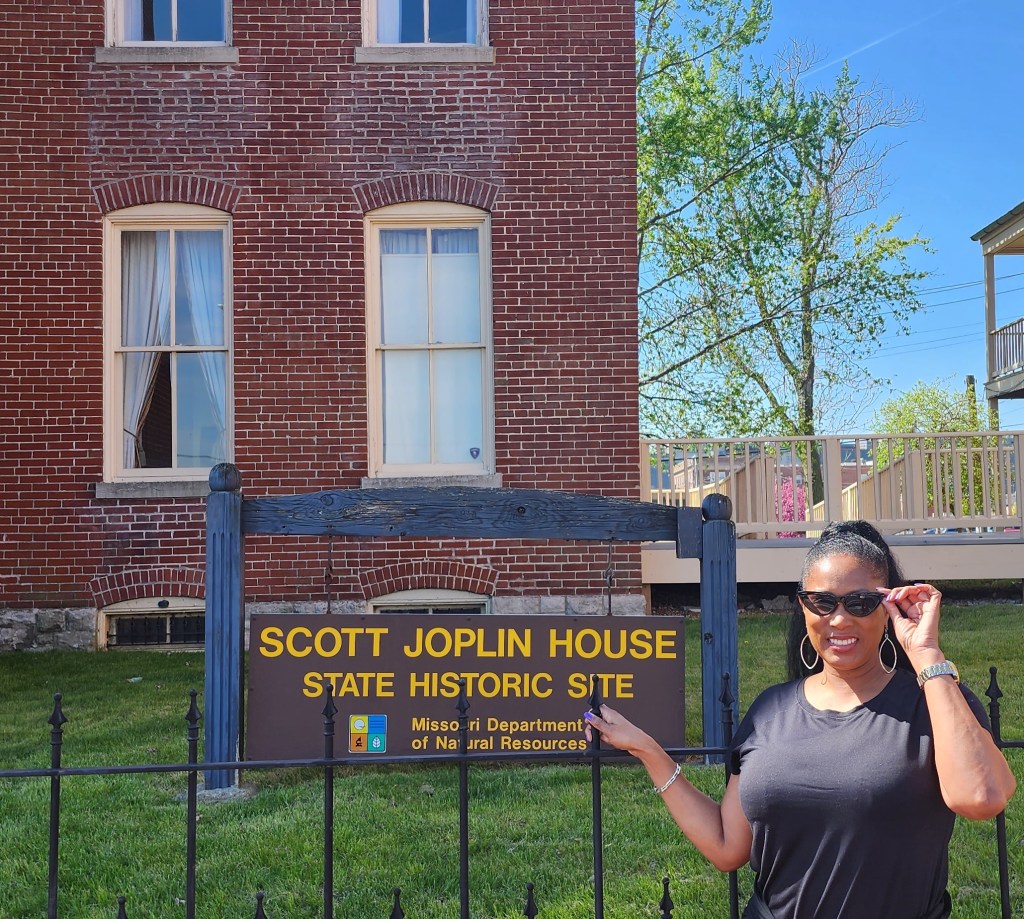
Descendants travel to Washington D.C. to honor Ancestor and hero, Charles F. Chauvin, for his service in the Civil War. They visited the African American Civil War Memorial where the founder, Frank Smith, presented DSLUE with a certificate honoring Charles for being one of the 209,000 black heroes who helped to win the Civil War and save the Union.
Descendants Matter
The systematic erasure of enslaved people’s identities prior to 1870, and the lack of historical documentation are obstacles that continue to cause roadblocks for Black Americans seeking to learn about their heritage. These roadblocks are infamously known as the “1870 Brick Wall”.
In 2019, the founders of DSLUE and other Missouri descendants were able to scale over that brick wall when they were contacted by the SHMR Project. In 2021, the project was not disbanded, leaving descendants to their own devices.
Led by a desire to continue to uncover the history of their Ancestors, and to honor them by telling their stories, descendants organized to form the Descendants of the St. Louis University Enslaved, or DSLUE.
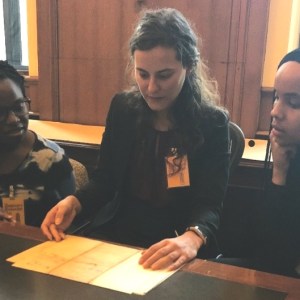
Historians Dr. Kelly Schmidt, Ayan Ali, and Cicely Hunter views Henrietta Mills-Chauvin’s application for Charles F. Chauvin’s military pension housed at the National Archives in Washington, D.C. Photo courtesy of Kelly Schmidt.
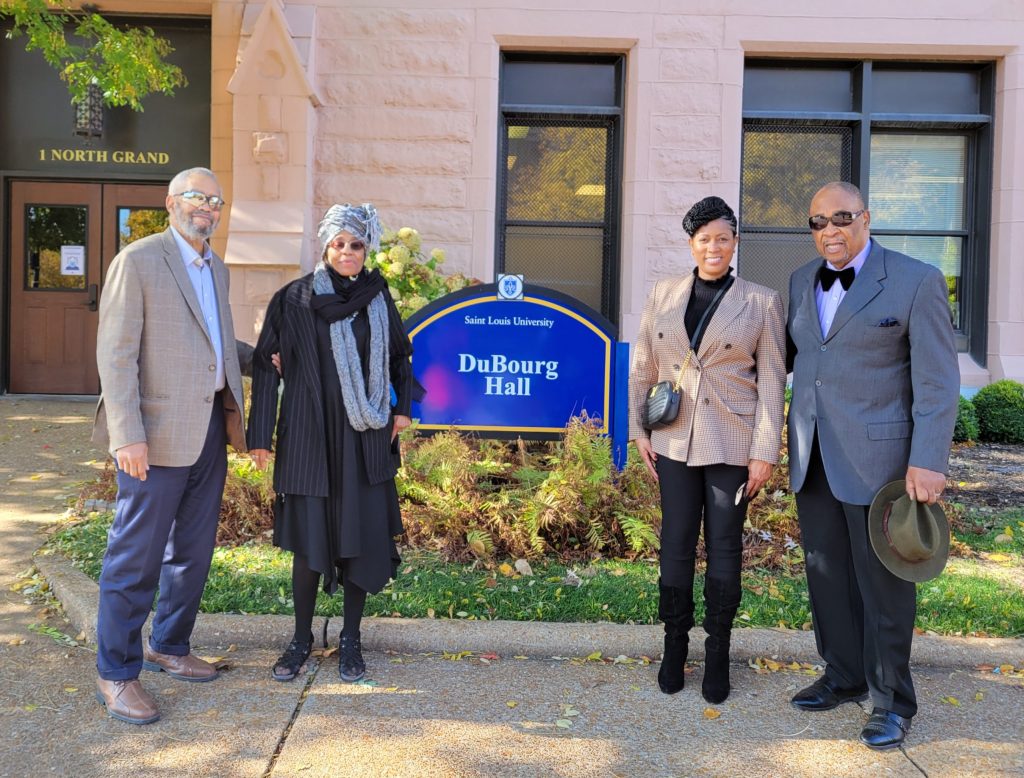
DSLUE standing in front of Dubourg Hall on SLU campus. Founder Bishop Louis William Valentine Dubourg (1766-1883) requested in 1823 that the Maryland Jesuits establish a farm and Novitiate in Florissant and to bring with them “at least four or five or six negroes to prepare and provide additional buildings, and to cultivate the land.”
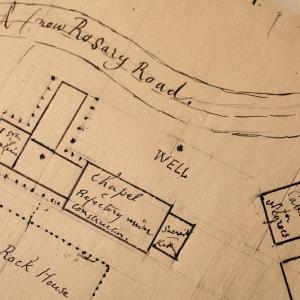
Aerial sketch of the Jesuit St. Stanislaus Seminary and Farm as it looked in 1836. DSLUE Ancestors helped construct the buildings labeled “Chapel & Refectory under construction” and “Present Rock House.” They lived in the cabin shown to the right.
Why Revealing This History Restores
Bringing together familial ties severed by slavery is beginning to happened as a result of the dissemination of this history. For example, Rashonda Alexander and Alison McCann are cousins who grew up in the St. Louis metro area, not far from Robin Proudie and her family.

Queen Descendant, Alison McCann
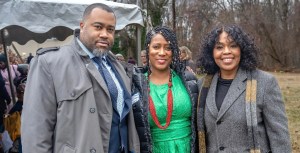
Heliotrope Bouquet composed by Scott Joplin and Louis Chauvin
It wasn’t until Robin read an article in a St. Louis newspaper that featured Rashonda discussing her connection to this history, that she reached out to Rashonda, then Alison, on social media. Rashonda and Alison are descendants of Jack and Sally Queen, who were cousins to Proteus and Anny- Hawkins Queen.
In 1829, Jack and Sally Queen and their children Notley, Harrison, Augustine, Isaac, Mary, Severine, and Ann, were all forced to Missouri from the Jesuit’s White Marsh plantation in Maryland to labor at the first Jesuit mission in the Midwest, St. Stanislaus, and to sustain St. Louis College, now Saint Louis University.
Henrietta’s mother, Betsy Queen, who was around ten years old, her siblings Ned, Robert, Gabriel, Joseph, Matilda, Mary and her child, and their parents, Proteus, and Anny Hawkins-Queen was also part of that forced migration to Missouri. Peter Queen, who was the son of either Proteus and Anny Hawkins-Queen or of Jack and Sally Queen, was also forced on this journey. The two couples, and their children and grandchild, traversed over 1000 miles down the Ohio and Mississippi rivers to Missouri on a steamboat.
In 1823, Thomas and Molly Brown, Isaac and Susan (Succy) Hawkins, and Moses and Nancy Queen, were the first three enslaved couples forced from White Marsh to help twelve Belgium and French Jesuits expand their presence in the Midwest. They walked from White Marsh to Wheeling, Virginia, then made a harrowing journey along the Ohio River on a flatboat before walking across Illinois and fording the Mississippi River to reach Missouri.
When the Jesuits took over administration of Saint Louis University in 1829, they forced several enslaved people to labor at the college, including Thomas and Molly Brown, Ned Hawkins, and two of Ned’s sisters, whose names were not recorded. Matilda and Betsy Hawkins were later sent to work at the college. Matilda married George Tyler, who was enslaved by Anthony Miltenberger, and Betsy married Abraham Mills, who was also enslaved by a St. Louis family. Both families had children who were born into slavery at Saint Louis University and baptized at Saint Francis Xavier (College) Church. .
Matilda Tyler and her children was held in bondage at Saint Louis College (University). Determined to capitalize off Missouri law at the time, she began making arrangements with the Jesuits to purchase the freedom of herself and her sons. She labored during the day and lent herself out in the evenings for over ten years. An 1847 entry in the Province Treasury ledgers, under the heading “Matilda, colored servant” reads, “She is to have her freedom, if she pay $300 to be appropriated to St. Fr. Xavier Church.” The records indicate that she had indeed successfully purchased her freedom and that of her youngest son, Charles, by August 1, 1848 through four deposits totaling $300 (about $9,000 in 2018 dollars).
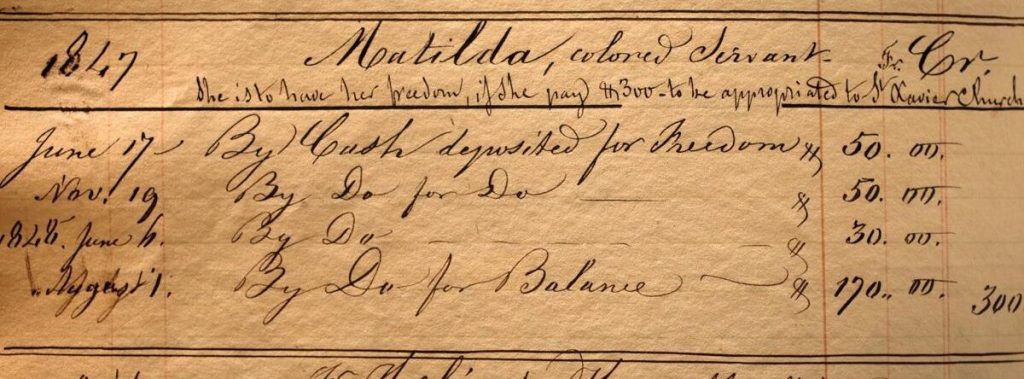
DSLUE Ancestor Matilda Tyler’s ledger where it shows payments to the Jesuits for her family’s freedom. She lent herself out from 1847 to 1859 and successfully bought her and her five son’s freedom from the Jesuits at Saint Louis University.
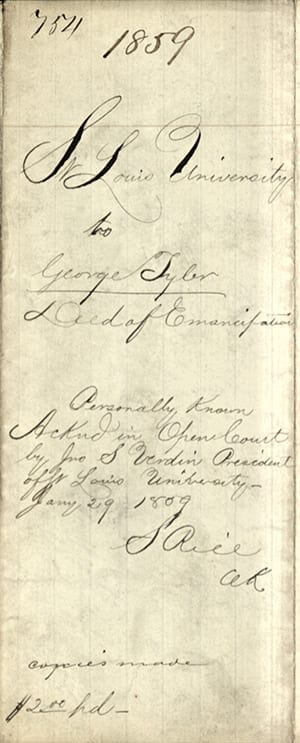
DSLUE Ancestor Matilda Tyler’s ledger where it shows payments to the Jesuits for her family’s freedom. She lent herself out from 1847 to 1859 and successfully bought her and her five son’s freedom from the Jesuits at Saint Louis University.
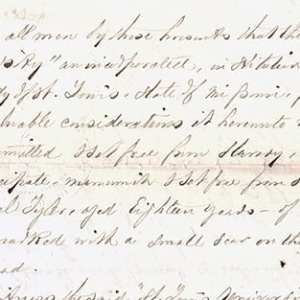
Deed of Emancipation document for Matilda’s youngest son Samuel Tyler which describe him as “copper color and a small scar on his forehead.”
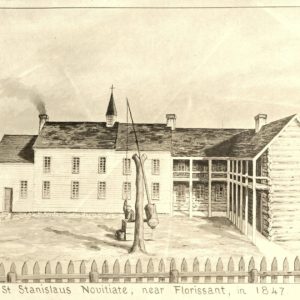
DSLUE ancestors built and sustained St. Stanislaus, the first Jesuit-ran mission located in Florissant, Missouri.
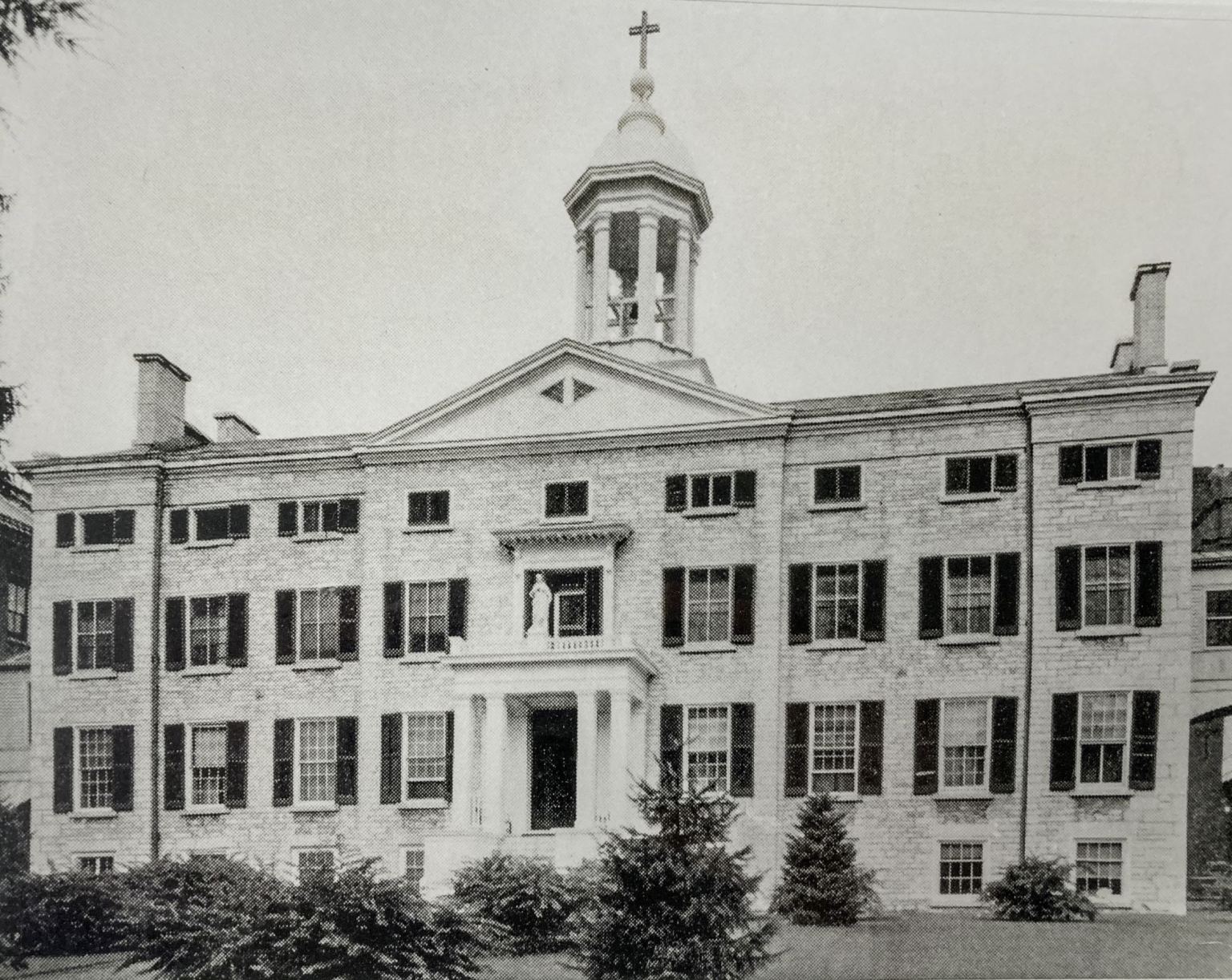
The Rock building built in 1840 by DSLUE enslaved Ancestors. The building is the oldest remaining structure from St. Stanislaus.
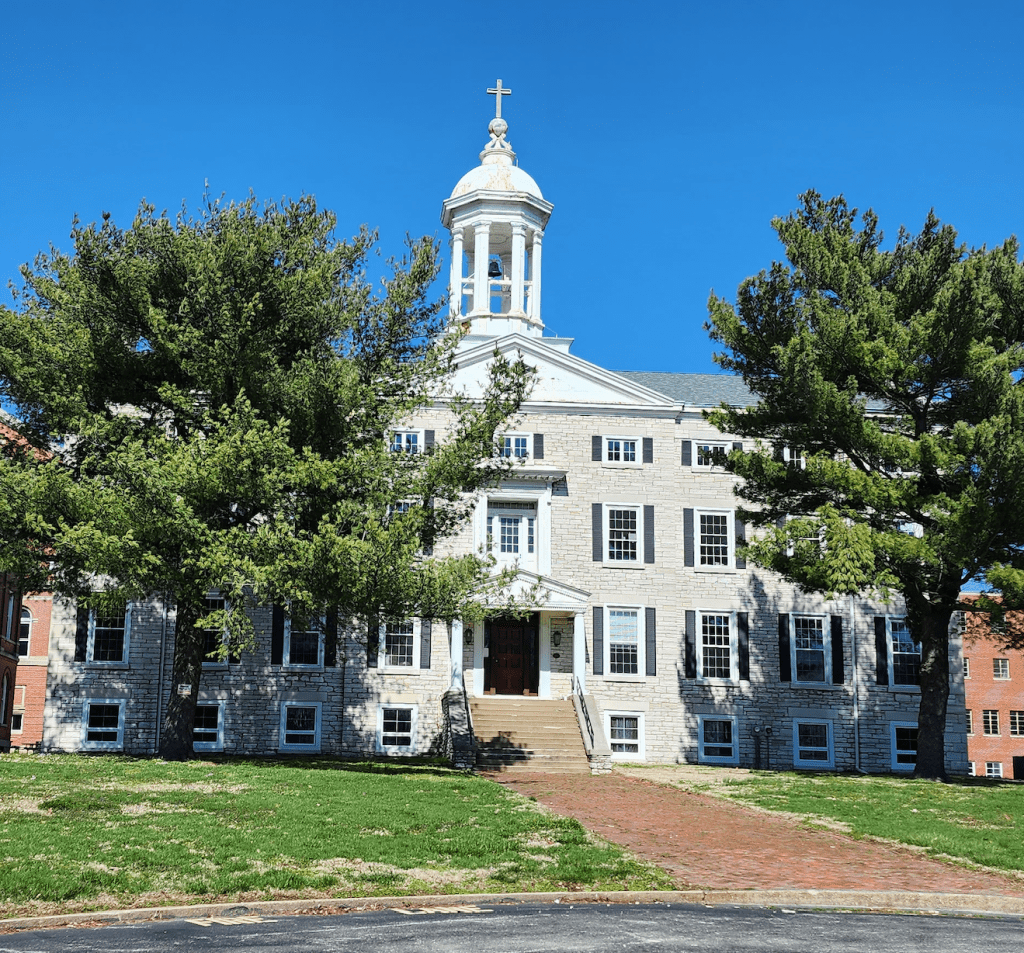
Illustration of a Jesuit priest selling an Ancestor’s baby – Copyrighted art by Nanoart.
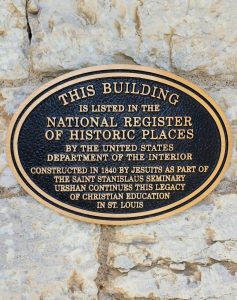
The Rock Building is now listed in the National Register of Historic Places by the United States Department of Interior.
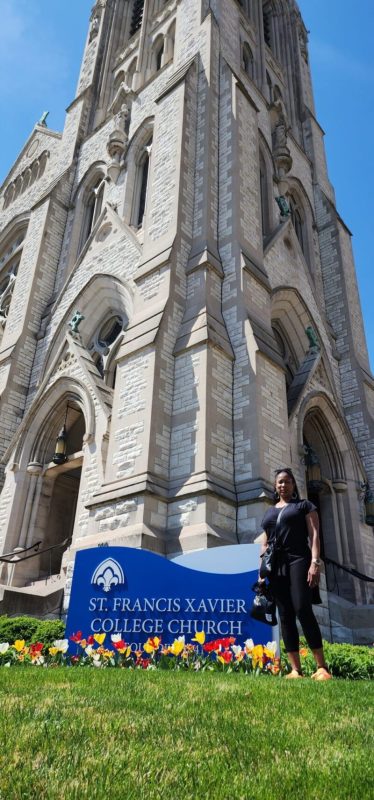
Descendant Robin Proudie stands at the current St. Francis Xavier College Church. Her enslaved Grandparents, three times removed, Charles Chauvin and Henrietta Mills, were married in the original church in 1860.
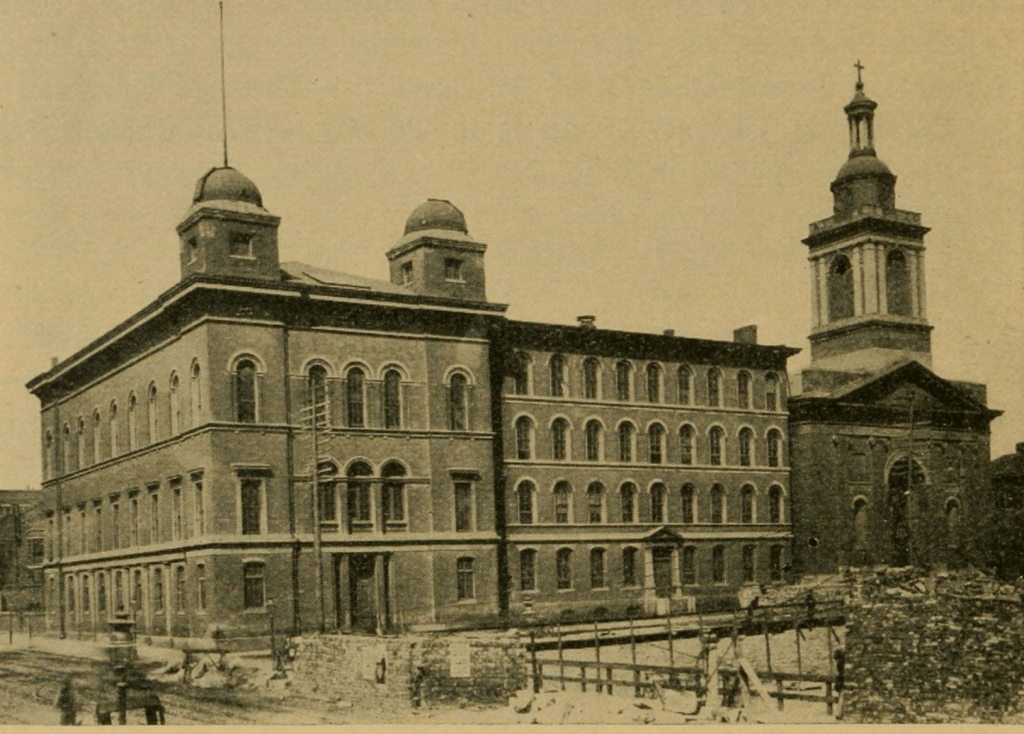
Saint Louis University in 1847.
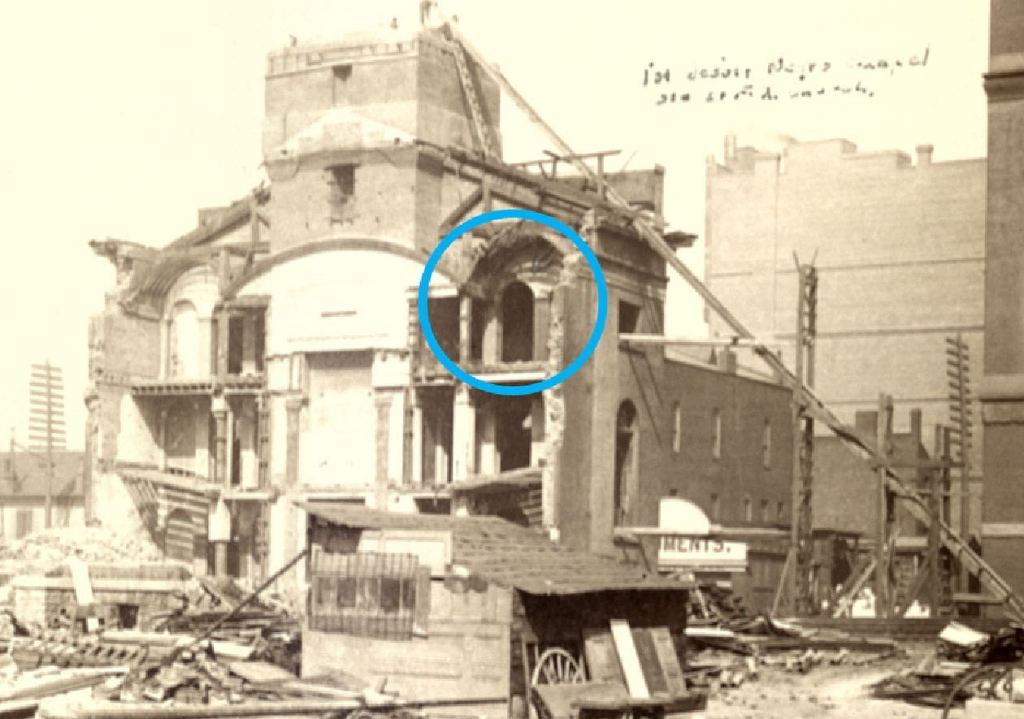
This image of the ruins of the original St. Francis Xavier (College) Church when it was torn down in the 1880s exposes the segregated chapel designated in 1858 for African Americans, including people enslaved at Saint Louis University. One record describes a boy “of remarkable musical talent” enslaved by the Jesuits, whose name was excluded from the account, who proudly played the chapel’s organ during services.
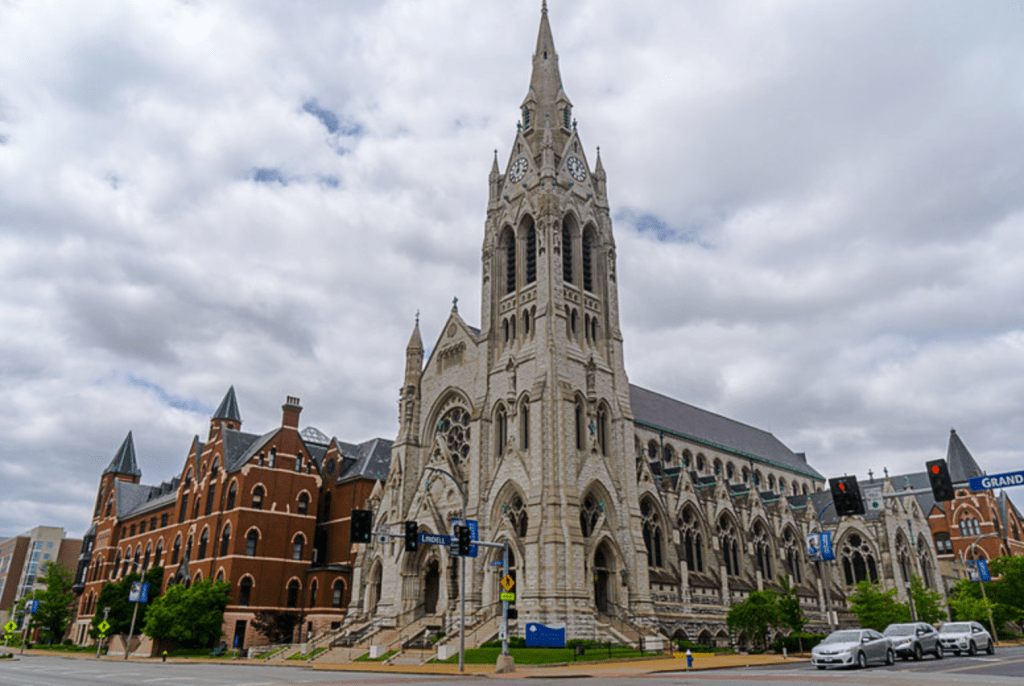
St. Francis Xavier College Church today
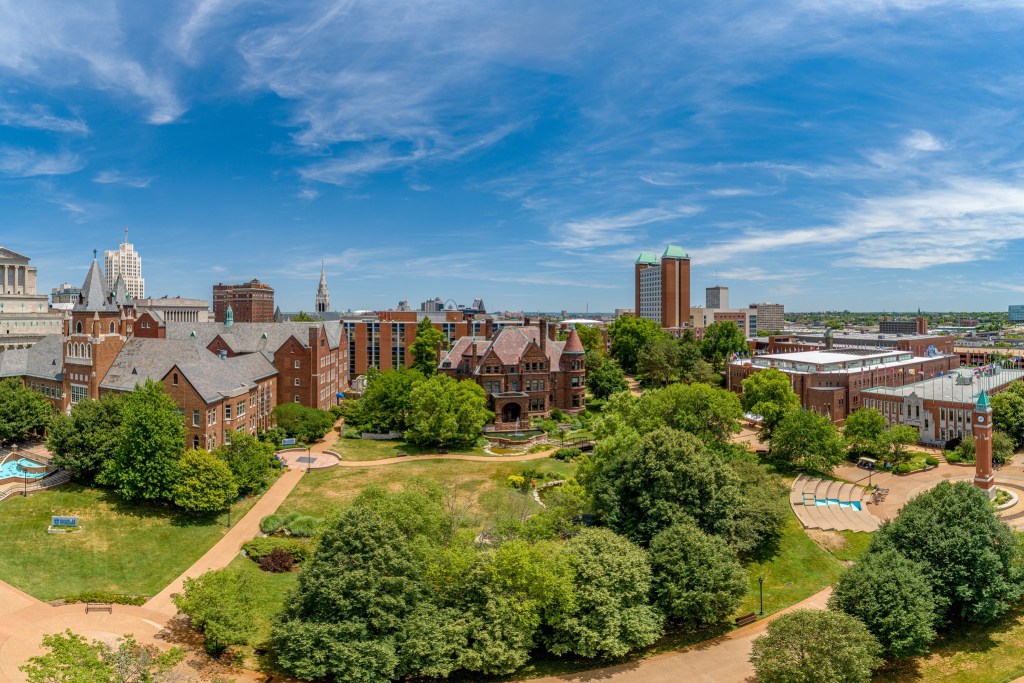
Aerial shot of Saint Louis University 2022.

DSLUE Jesuit Enslaved Ancestors chart
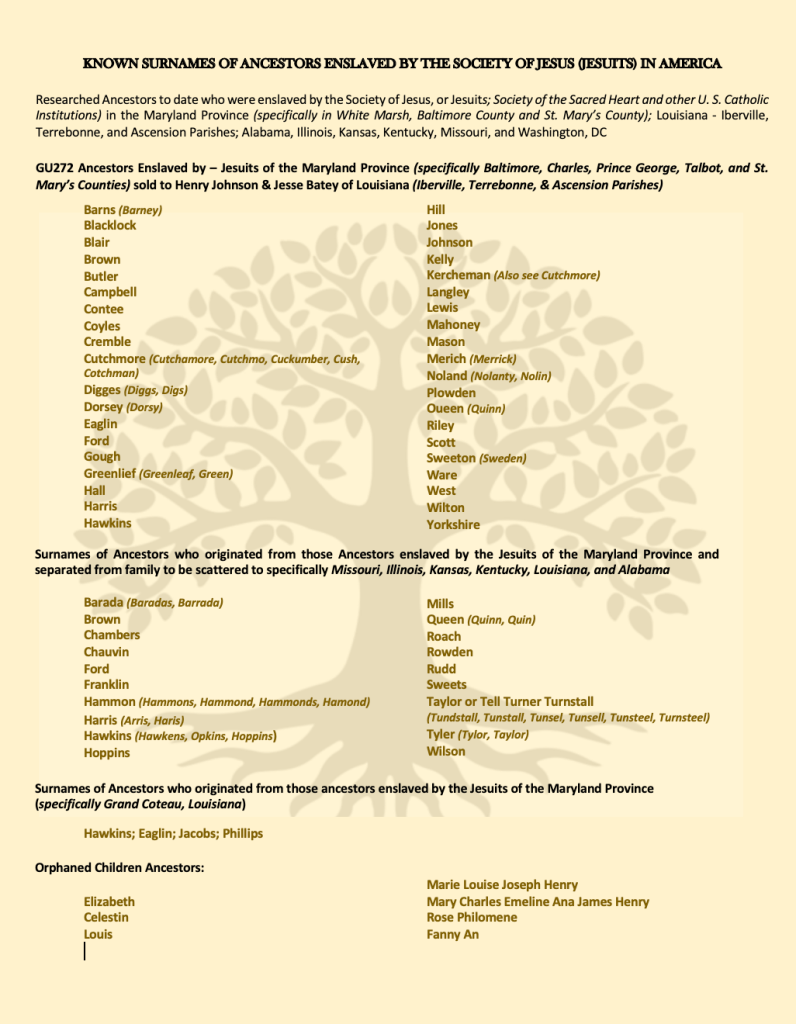
Known Surnames of Jesuit Enslaved Ancestors
Descendants’ Sacred Journey of Discovery Brings New Opportunities
With this history being brought out of the darkness and into the light, new discoveries are emerging giving descendants new opportunities for hope and healing.
Descendants are hopeful that during this era of truthtelling by the institutions and corporations that benefitted from centuries of empowing themselves off of the backs of our Ancestors, will move past the platitudes, panel discussions, publications, and press junkets, to truly atone for their past sins. To finally begin to repair historical harms the legacy of chattel slavery, and centuries of anti-black policies that still affect descendant communities to this day.
The linkages across time, spaces, and places crystalizes for descendants the unimaginable reality of the effects of the intergenerational harm done to their bloodlines. Researching and revealing this history is a great first step toward healing and repair, but it’s not the only step.
It is time the Jesuits Central and Southern Province and Saint Louis University live up to it’s core beliefs and commitment to justice. In this instance, it is them who must invoke Examen prayers, and fervently, intentionally, and humbly commit to make up for the injustices they’ve perpetrated against another of God’s children.
We Are One
DSLUE endeavors to unify all descendants of the Jesuits slaveholding diaspora, to come together and rejoice in the legacy of the brilliance, bravery, inginuity, resistance, and perserverance of our Ancestors.
The DSLUE original five couples were brought to Missouri from Maryland, therefore, it was no suprise they are cousins to the descendants of Jesuit enslaved ancestors sold to Louisiana enslavers in 1838 to save a fledgling Georgetown University.
DSLUE believes they and other descendant communities tied to the Jesuit slavery diaspora, affectionately called cousins, are not monolithic in their thinking. All descendants should be given the grace to share in this season of reclaiming, restoring, and repairing in their own ways. With that said…We Are One!
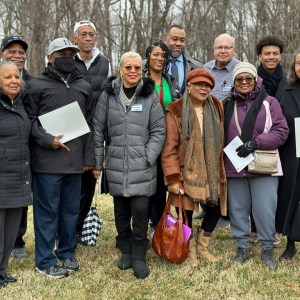
Descendants attend Prayer Ceremony for Jesuit enslaved Ancestor’s abandoned burial grounds at Sacred Heart Church (former land of White Marsh plantation) in Bowie, Maryland.
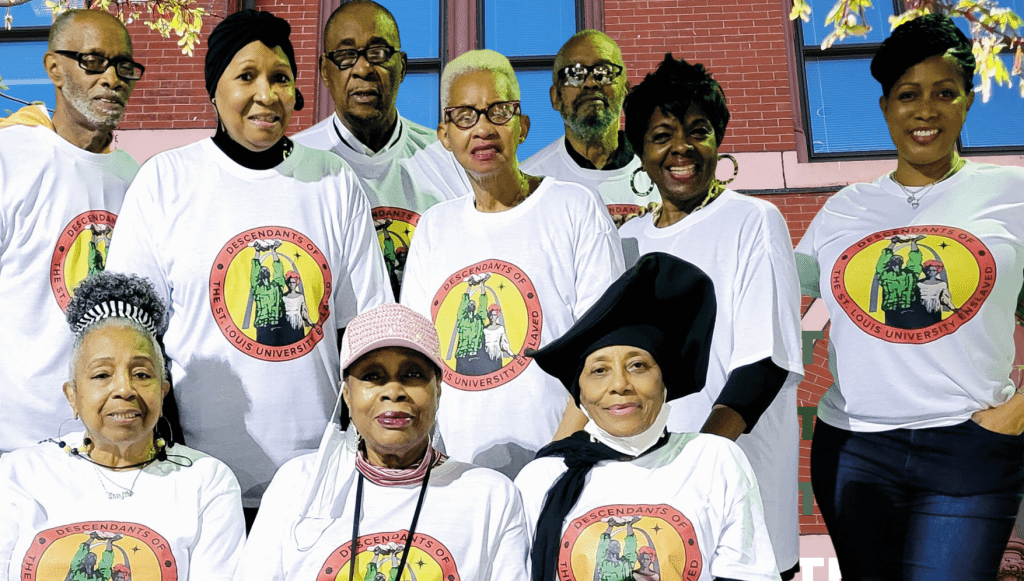
DSLUE descendants from Missouri, Kentucky and Texas.
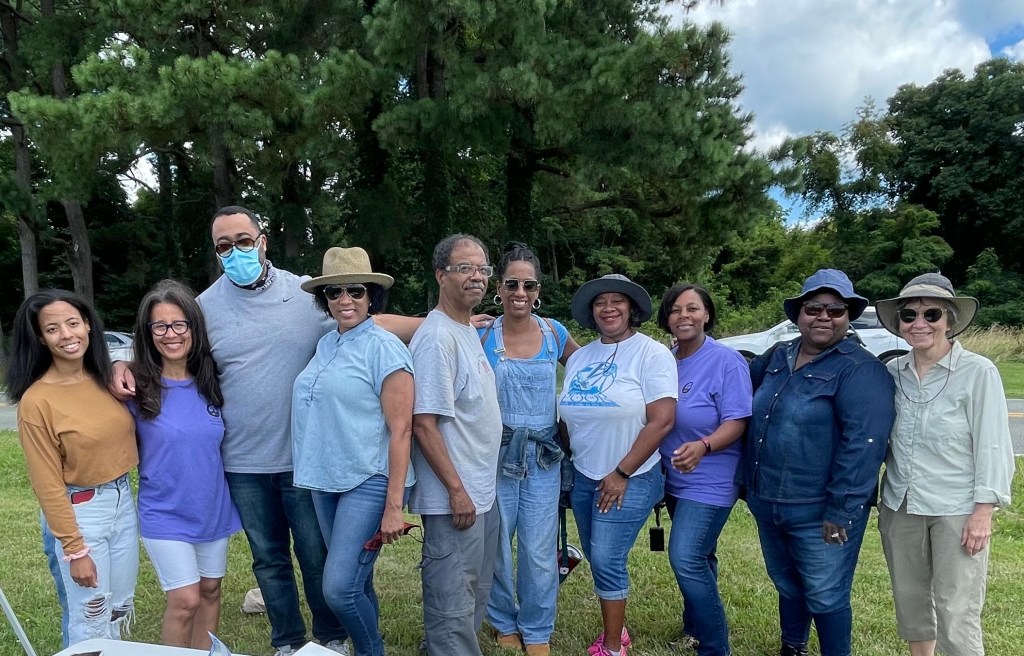
Descendants of Jesuit enslaved Ancestors from St. Mary’s County, Prince Georges County, Baltimore, Missouri, and Louisiana.
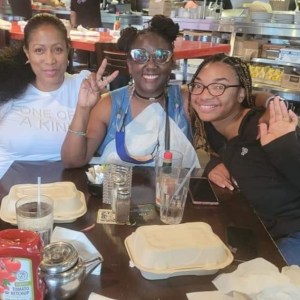
DSLUE and their GU272 Cousins from Louisiana.
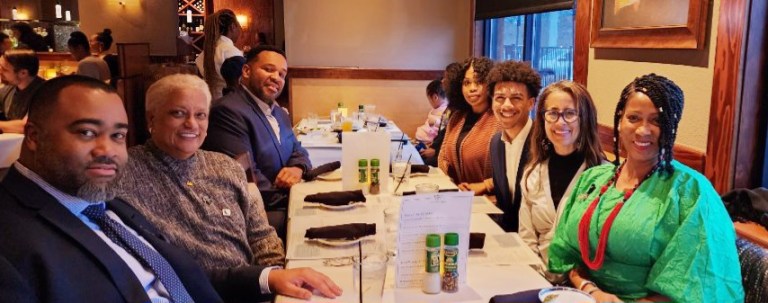
DSLUE, Queen, and Mahoney cousins.

Descendants Rashonda, Rhonda and Aysha from New Jersey

DSLUE descendants in Florida
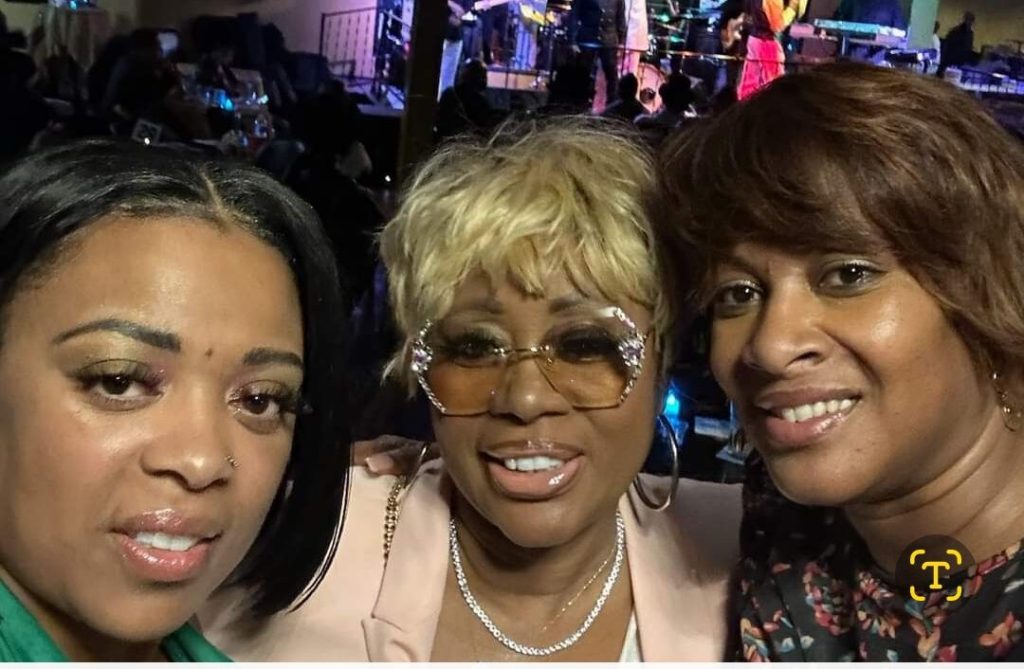
DSLUE Cousins in St. Louis, Missouri.
Meet Our Team
Leadership Team
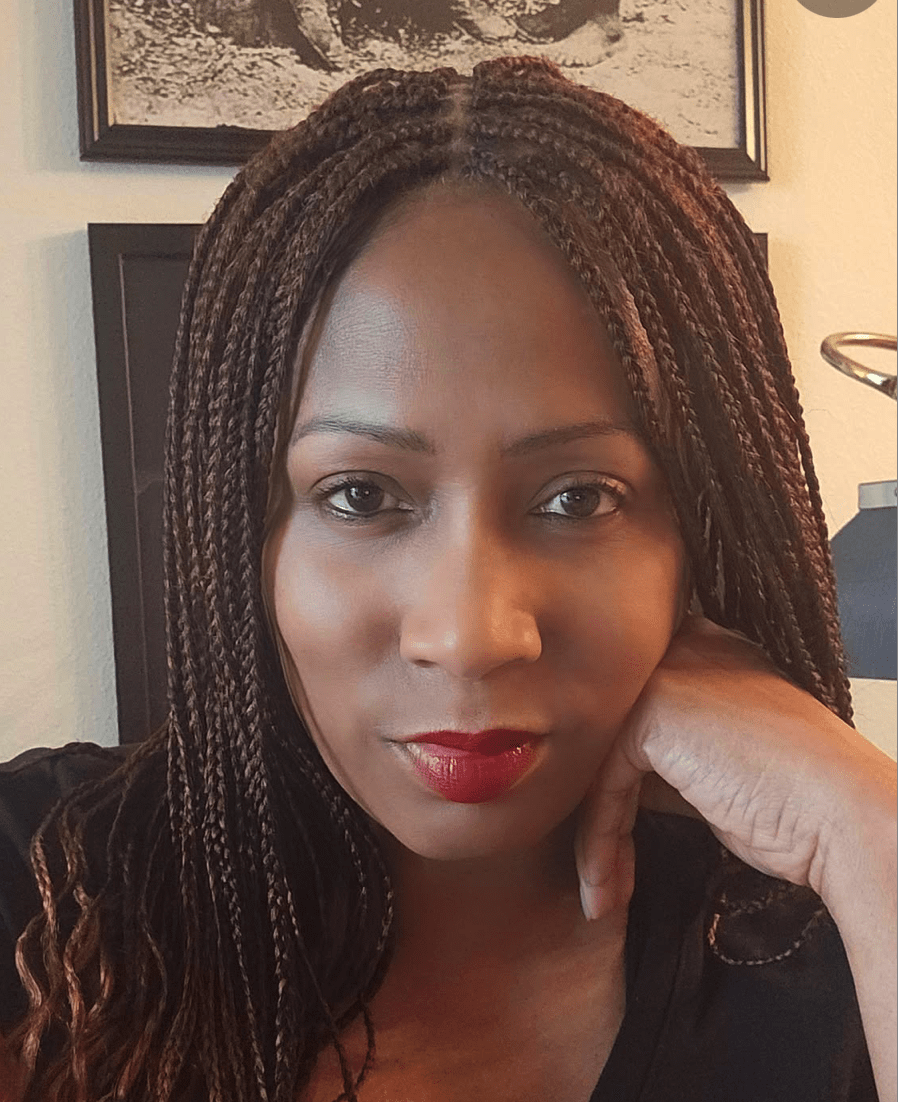
Robin Proudie
Executive Director

DoMarco Holley
Operations Manager, Social Media Manager

Areva Martin
Civil Rights Attorney and Media Consultant
Our Board

Robin Proudie
Executive Director
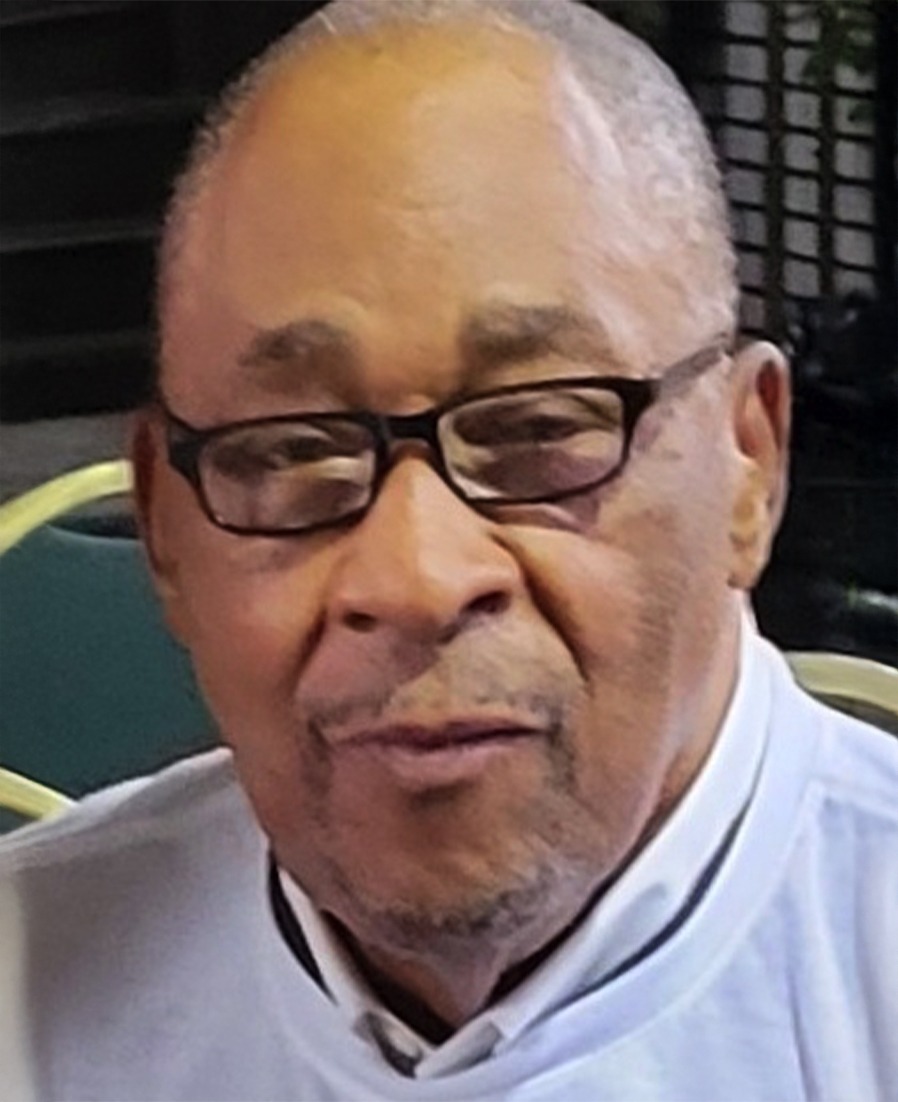
Thurman Stephens, Jr.
President
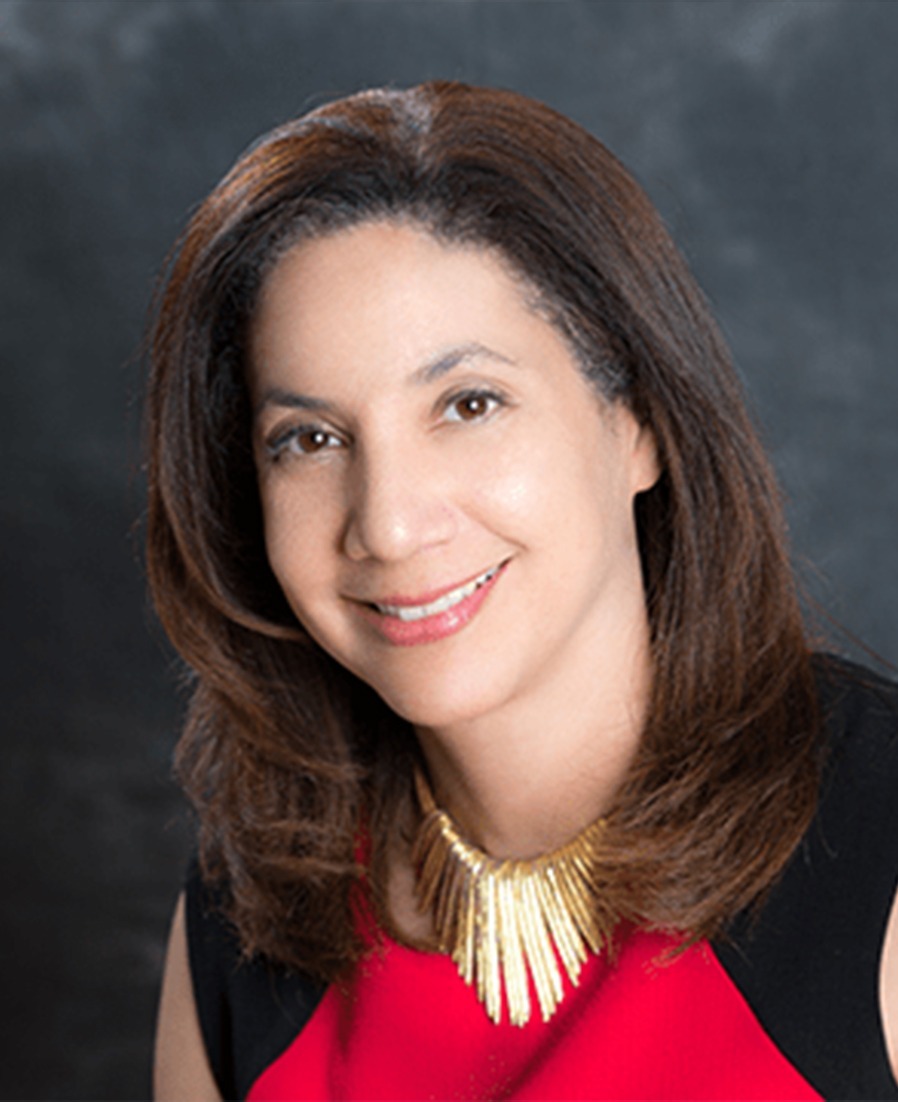
Claire McFarland, Esq.
Vice President
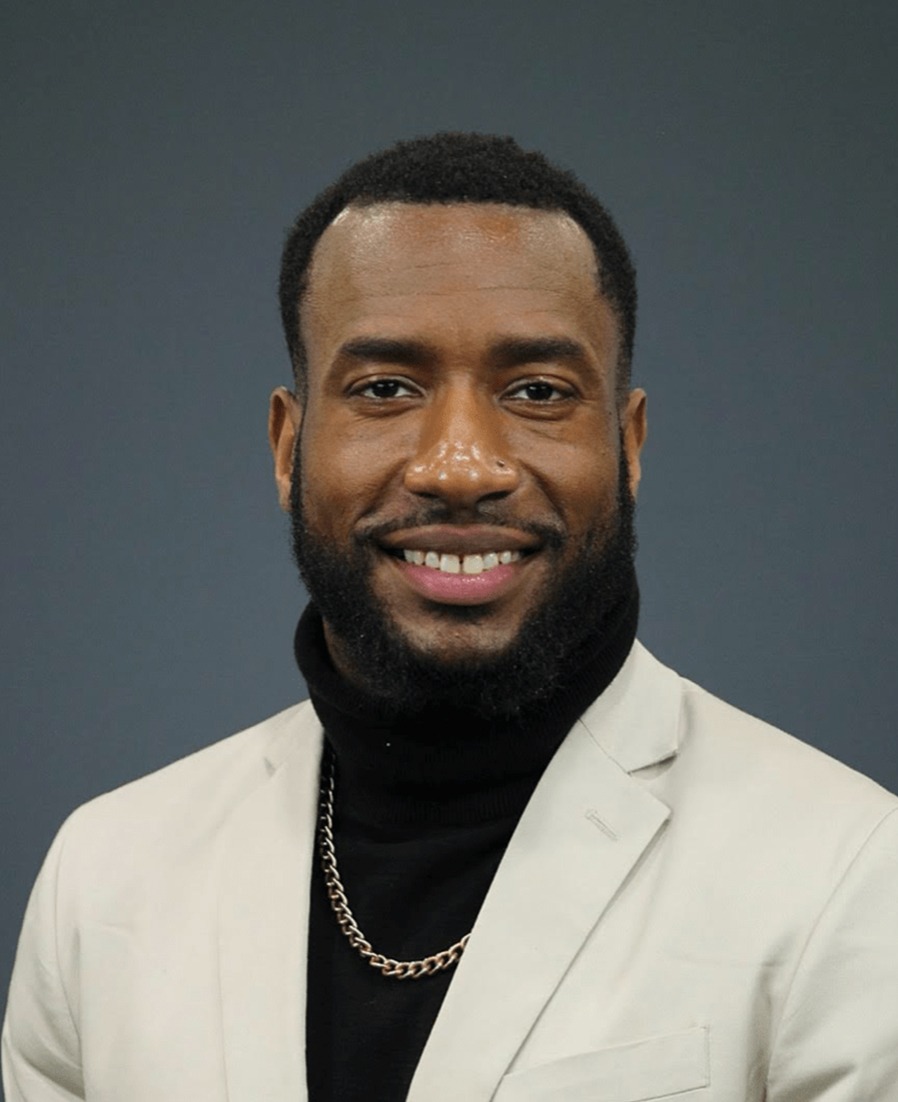
Lawrence Haynes
Secretary
Staff
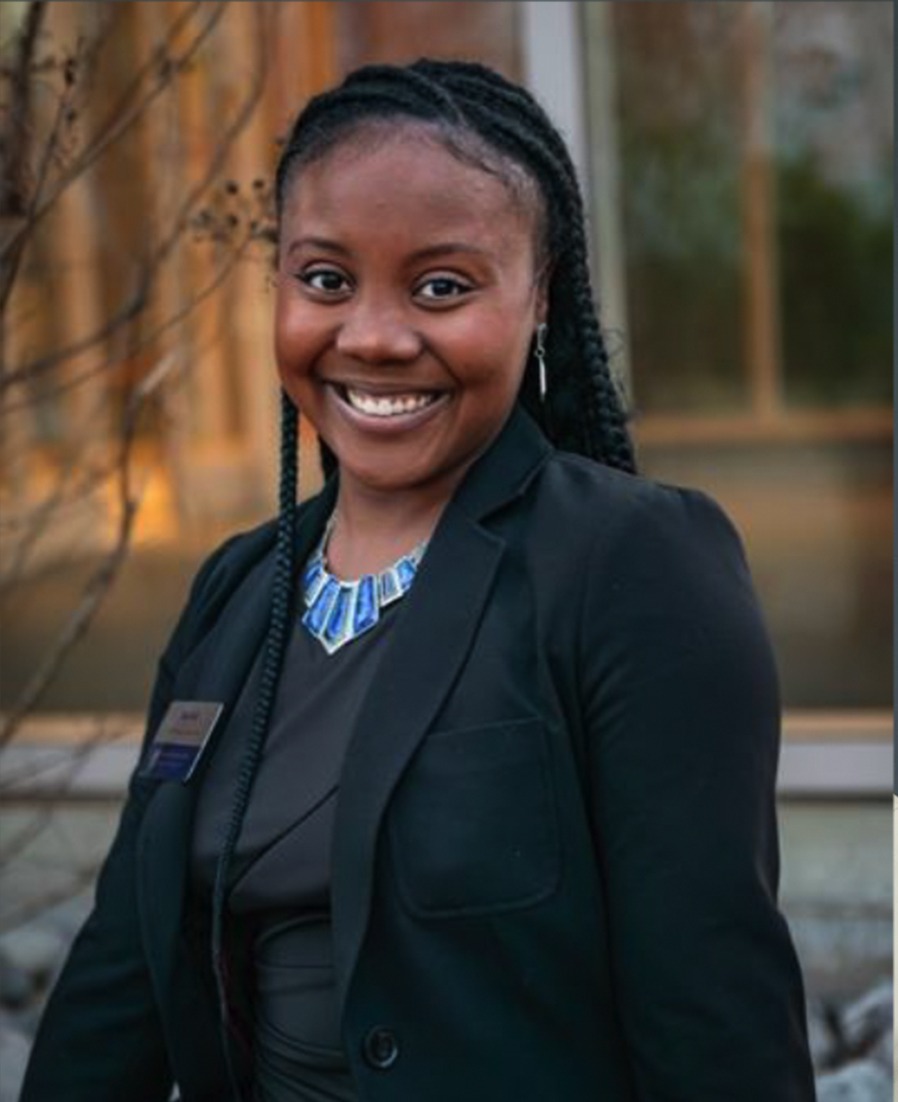
Samarya Hall
Student Liaison/Volunteer Coordinator
Contact
How We Came to Be
In 2019, researchers from the Slavery, History, Memory, and Reconciliation (SHMR) Project—a collaboration between the Society of Jesus (Jesuits) and Saint Louis University (SLU)—reached out to the founders and their families. They revealed that our ancestors were among those enslaved by the Jesuits and forced to labor at Missouri’s first Jesuit mission, St. Stanislaus, Saint Louis University, St. Francis Xavier College Church, and other affiliated churches, schools, and farms between 1823 and 1865.
The research conducted by the SHMR team revealed that the Jesuits were active participants in, and beneficiaries of, local, national, and global systems of slavery since their founding in 1534. To empower themselves economically, they enslaved thousands across the world. During their expansion into the U.S. Midwest and South, they trafficked upwards of 200 Black human beings, many of whom were our ancestors.
Eleven SLU presidents, all Catholic priests, bought, sold and bred bondsmen, women and children —beginning in 1823, when Thomas and Molly (Polly) Brown, Isaac and Susanna Queen-Hawkins, and Moses and Nancy Queen were forced to migrate from the Jesuits’ White Marsh plantation in Maryland to Missouri to help establish the Jesuits’ presence in the Midwest.
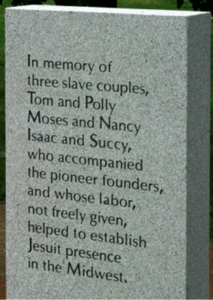
In 1829, Ancestors, Proteus and Anny Hawkins-Queen, Jack and Sally Queen, and many of their children were also forced to make that same journey, joining their kin to labor for generations until death or emancipation. Their forced labor further secured the economic growth of the Jesuits and their religious and academic institutions across the nation.
In 2021, driven by a desire to honor our ancestors and celebrate their resistance and perseverance, we, along with dedicated allies, founded the Descendants of the St. Louis University Enslaved, Inc., or DSLUE. In 2023, we officially became a registered 501(c)(3) non-profit organization.
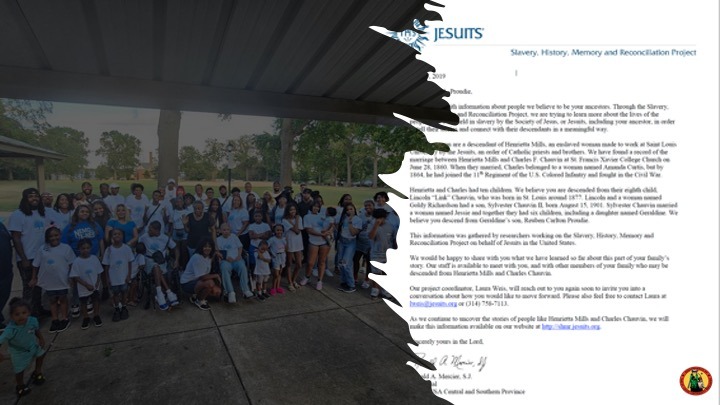
Meet Our Team
Leadership Team

Robin Proudie
Executive Director
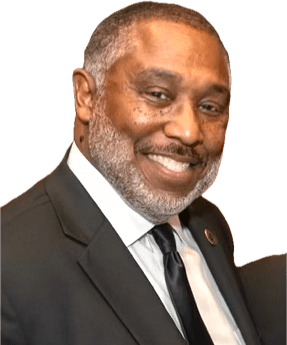
Tom Bailey
Director of Special Events/Grants/Fundraising

DoMarco B. Holley
Social Media Marketing Manager

Samarya Hall
Student Liaison/Volunteer Coordinator
Our Board
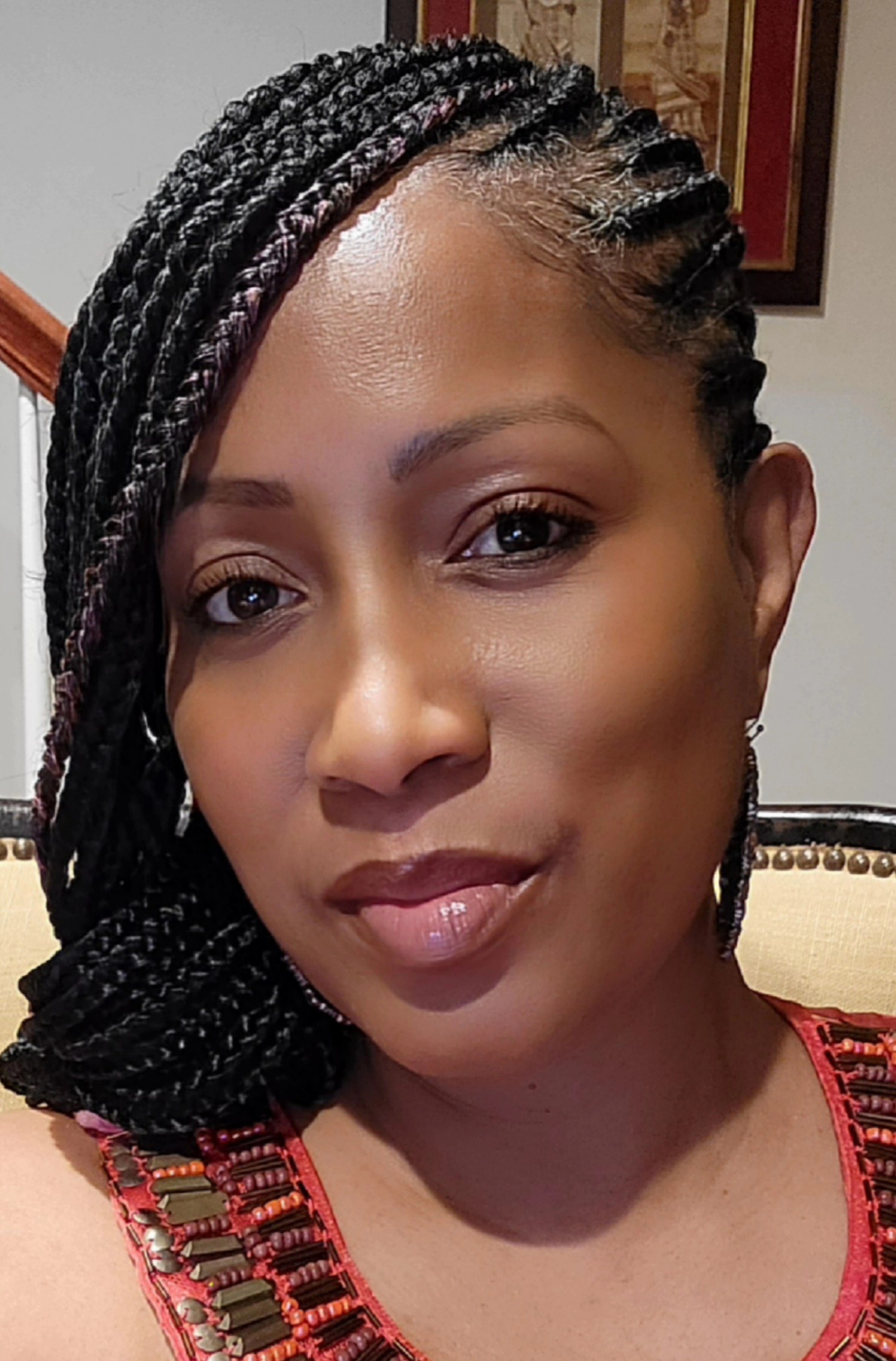
Robin Proudie
Founder

Thurman Stephens, Jr.
President

Claire McFarland, Esq.
Vice President

Lawrence Haynes
Secretary
CONSULTANTS/SUPPORT NETWORK

Areva Martin
Civil Rights Attorney and Media Consultant
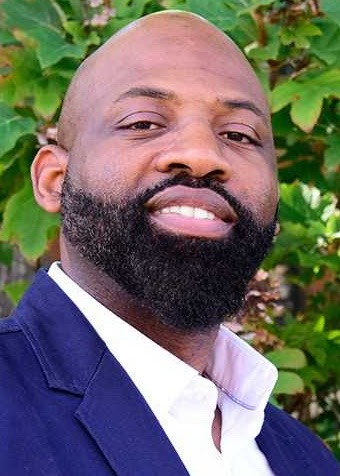
Dr. Christopher Tinson
Acadamy Advisor
Samarya Hall
Student Liaison/Volunteer Coordinator

